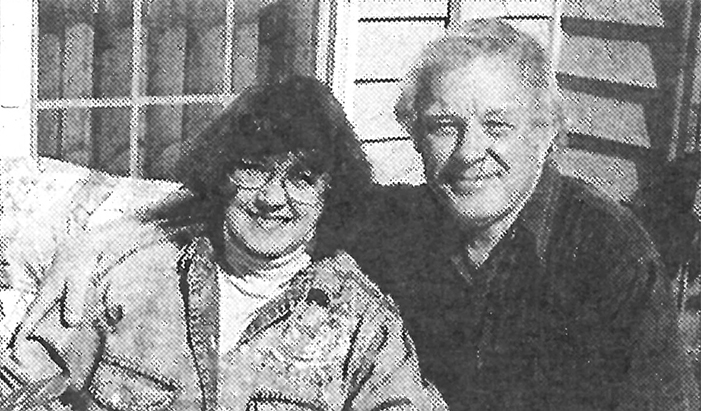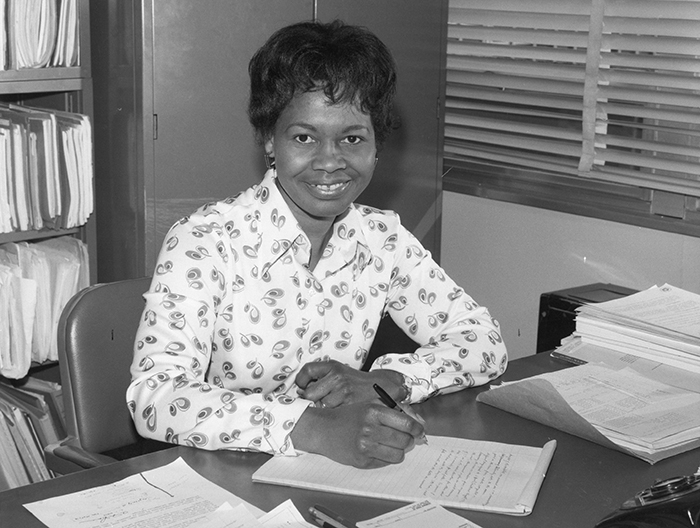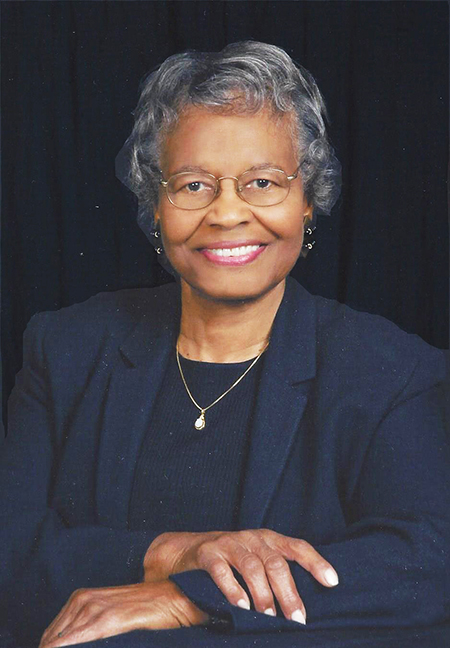testimony
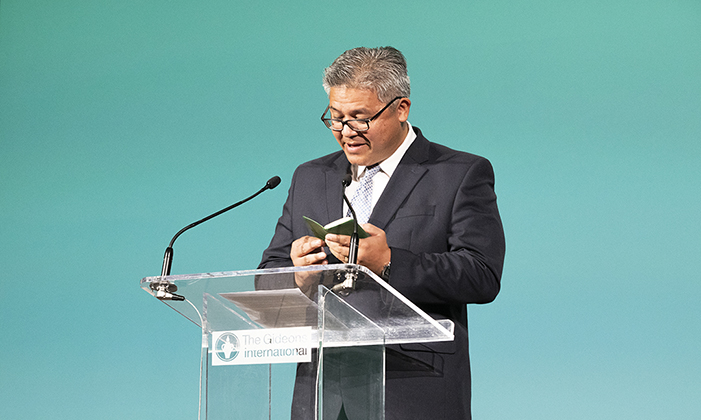
David Doiel was raised in a non-Christian family with conflicting belief systems. His father was an atheist, and his mother was a Buddhist. His parents met and married in Vietnam, and the family moved to the United States in 1975 when David was about four years old. His father taught him that when you die, you become food for worms and nothing more. Meanwhile, once a year, his mother would offer incense and bowls of fruit to her ancestors.
In the midst of this upbringing, his great aunt took him to her Christian church each Sunday. “During those Sundays, I remember learning about the love of God and seeing the loving actions displayed by the members of that church,” recalls David. However, he also remembers praying for God to help his parents stop fighting over money and his father’s drinking. When the fighting didn’t stop, he was convinced that God couldn’t answer his prayers. David stopped believing in God and stopped going to church. By the time he reached his teenage years, he identified as an atheist with no regard for God or anything spiritual.
Seeking Answers
When David graduated from high school, he decided he would study business and go after what made sense—money. After one semester, though, he realized the emptiness of that pursuit. The dollar was not the answer. After all, he had heard of countless rock stars who committed suicide, despite “having it all.”
David started to wonder who, if anyone, had the right answers in his life. Desperate for truth, he started studying religion, psychology, philosophy, and world history. “I wanted to learn anything I could that would help me find the true meaning of life,” says David. Through his studies, he finally determined there had to be something more out there. Living in the Midwest, he was surrounded by the beauty of nature, and seeing the night sky over the Great Lakes helped affirm his conclusion that there had to be a prime mover, or first cause, for this world. Therefore, he began identifying as an agnostic. He believed a creator-god existed, but we could never know or understand him. As he continued his education, he tried to fill the emptiness he felt in his life with anything he could, including sports, money, and relationships. Nothing worked—these things were not the answer.
“I wanted to learn anything I could that would help me find the true meaning of life.”
Being a Good Person
Eventually, David sensed a strong desire to help those who were hurting, so he began studying social work. In his studies, he saw the ugly reality of child abuse and personal brokenness. Further, he was surrounded by news footage and charity campaigns that fought to bring awareness to world hunger and the countless children who were going without food. How could a God that was supposed to be “good” let innocent children die of starvation or face abuse? If He was all-powerful and loving, why didn’t He provide for them? “In my mind, the only answer was that God wasn’t powerful or loving,” says David.
Christian ministries would often come to Northern Illinois University to provide literature and help answer questions. They provided explanations about the role of man’s freewill and the consequences of sin and a fallen world. While these answers satisfied David on an intellectual level, he couldn’t overcome his anger toward a God who didn’t stop the evils of this world. Besides, he was convinced that he could live a good life without God. He could get a career in social work and counseling and fix the things God allowed to be broken.
David paid his own way through school, made good grades, and had compassion for people. “In my own eyes, I was a good person and did not need God,” says David. His self-sufficient life apart from God began to grow tiresome and fruitless. No matter how hard he tried to be a “good” person, he still made bad choices and fell short of doing things the right way. All of his striving could never satisfy the ever-present ache within his soul.
Finding Rest
His searching had proved hopeless. Then, during David’s senior year, someone gave him a Testament from The Gideons International. Still desperate for answers, he kept the Scripture next to his bed and continually read the pages of his new gift. On January 3, 1993, he read the words of Matthew 11:28 (ESV), “Come to me, all who labor and are heavy laden, and I will give you rest.” These words changed his life forever. “I decided to leave behind my old way of thinking, and I repented of my past sins. I surrendered my life to the Lord Jesus Christ,” David joyfully remembers.
After that night, he began praying for three things he felt would help him walk faithfully in his newly-changed life. He prayed for a job opportunity after graduation, new Christian friends, and help finding a good local church. Within the first week of graduation, God blessed him with a job as a psychiatric technician. In God’s providence, the first co-worker he met was a believer. His friendship with his new co-worker eventually led to his baptism and church membership at Bethel Baptist Church in Schaumburg, Illinois. God had proved His faithfulness.
“I decided to leave behind my old way of thinking, and I repented of my past sins. I surrendered my life to the Lord Jesus Christ.”
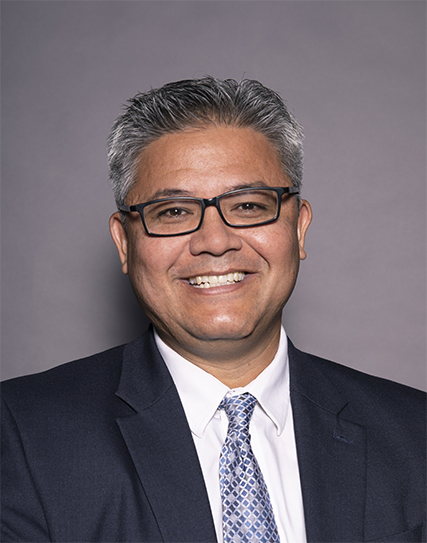 Pastor David Doiel
Pastor David DoielSoon after, David began pursuing a graduate degree to become a marriage and family therapist. What he was learning in his classes, though, didn’t match up with what he was learning in the Bible. Alcoholics can walk the path to sobriety through behavior modification, and couples can work toward marriage restoration by improving communication. However, those answers will never ultimately suffice. Without Christ, any worldly cure would be no more helpful than putting a bandage over cancer. It may temporarily cover the illness, but it will never heal the heart of the problem. The cure to the human condition of sin and emptiness can only be found through the Gospel of Jesus Christ.
Therefore, when he felt the Lord call him into full-time ministry, he gladly surrendered. David became a pastor in 1999 and has since been blessed to impact many lives with the same Gospel that changed his life.
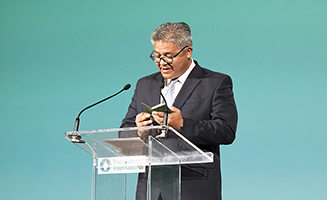

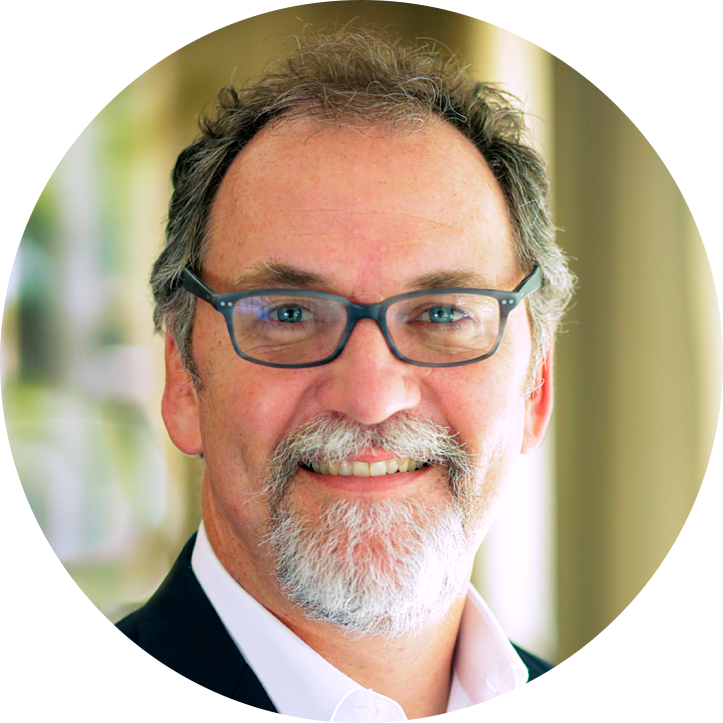

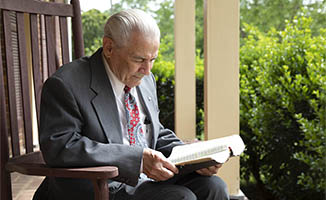
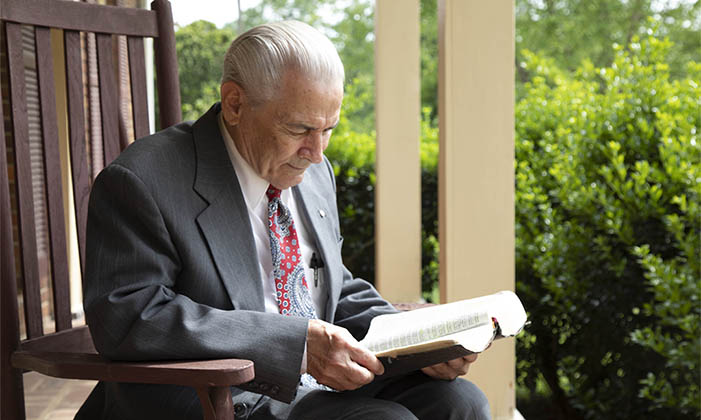
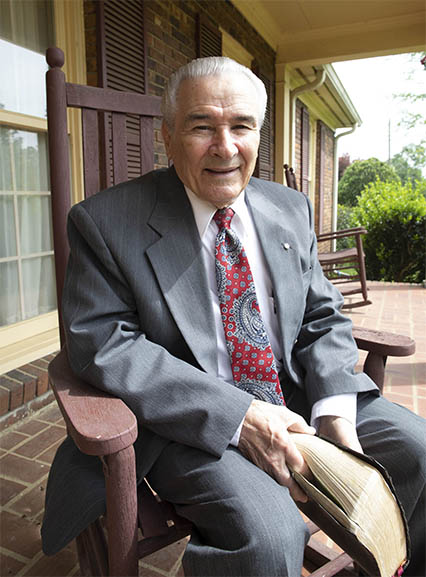 Elio Fernandez on his porch in Sylvester, Georgia
Elio Fernandez on his porch in Sylvester, Georgia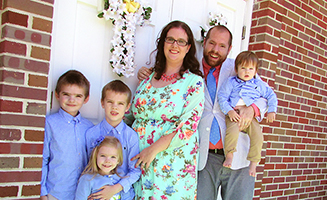
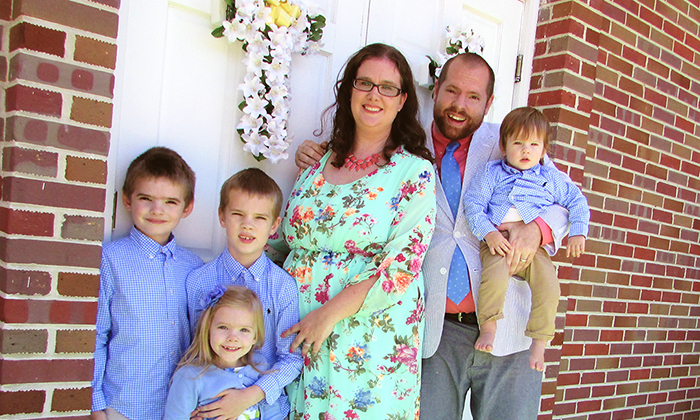 Pastor Steven Dresen with wife Heather and four children
Pastor Steven Dresen with wife Heather and four children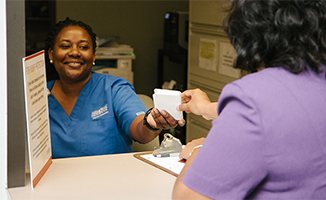
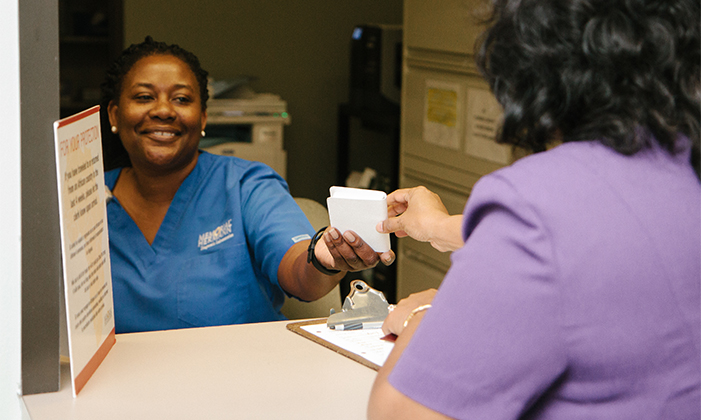
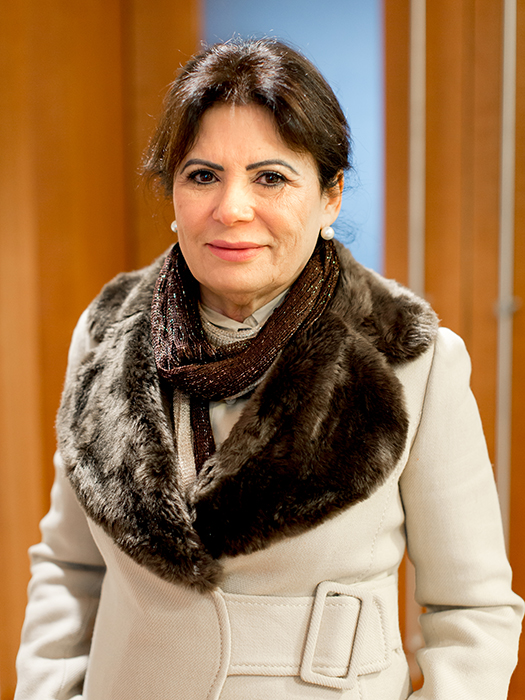




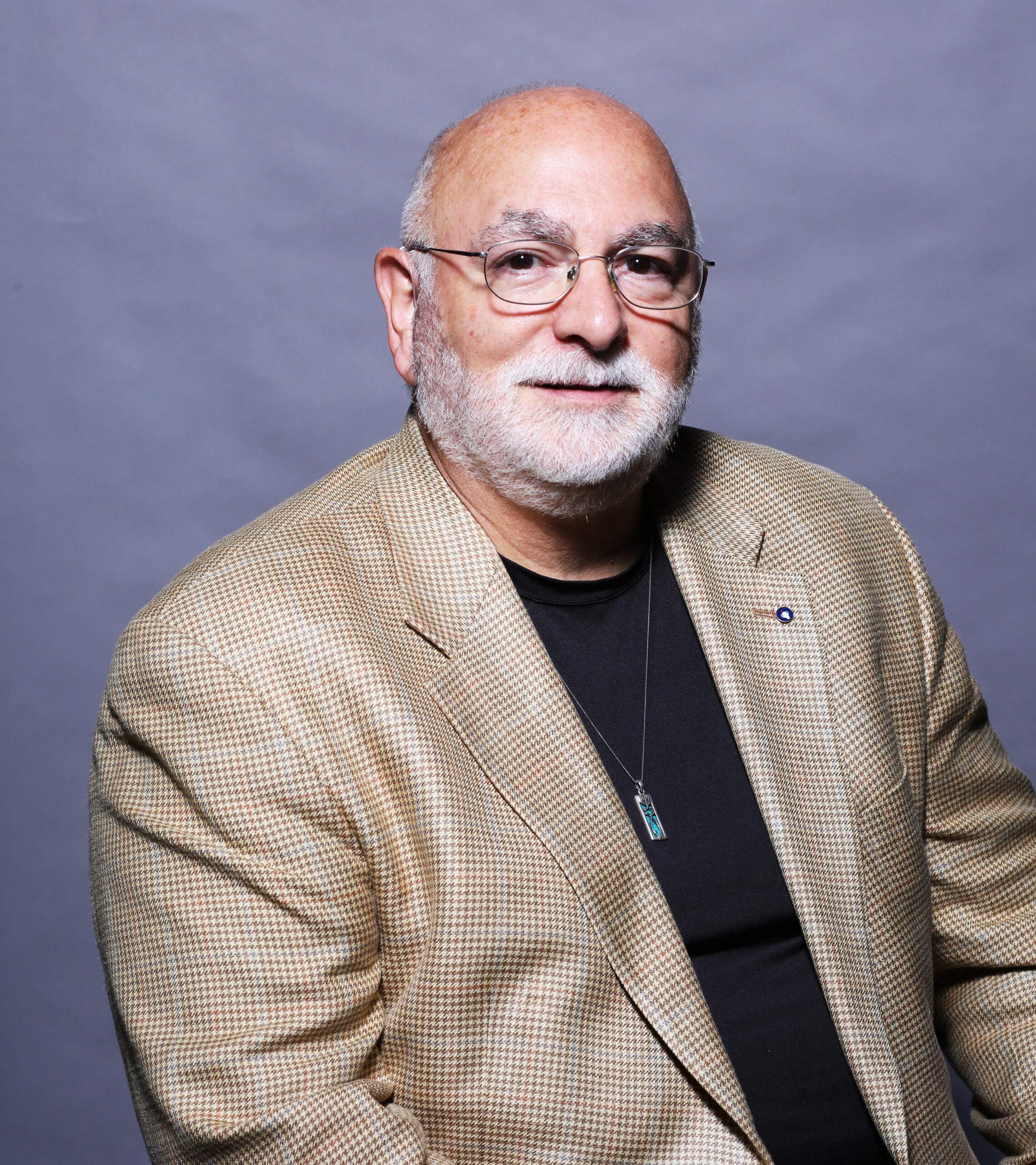 Terry Land as a Gideon
Terry Land as a Gideon
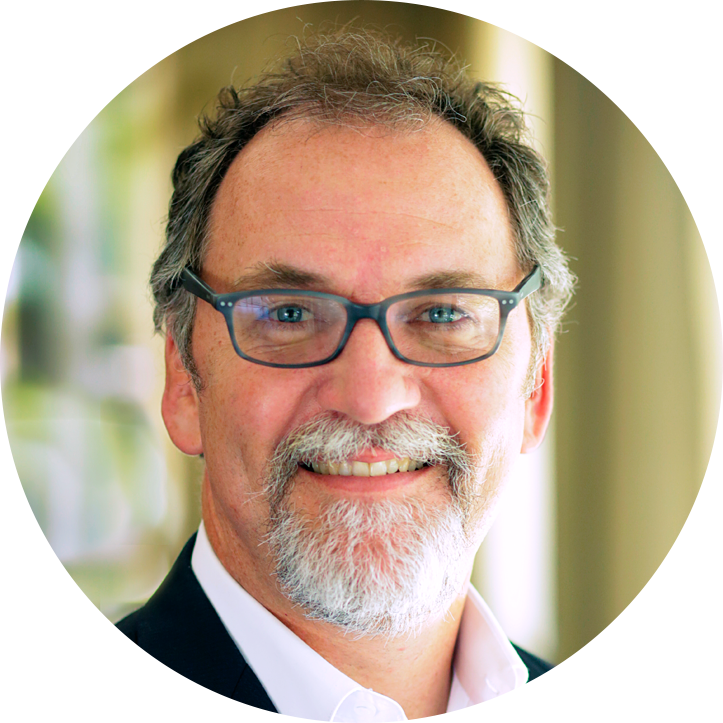



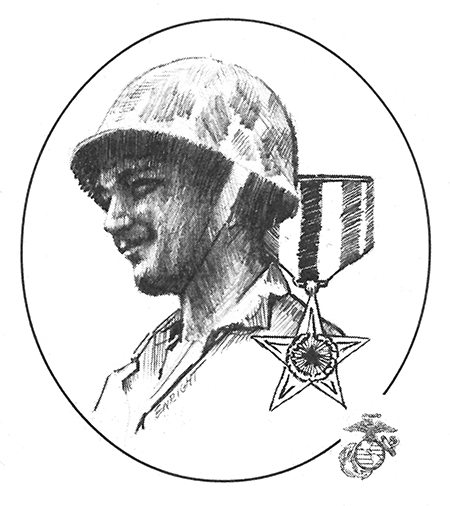 A rendering of Ron York during his time in the Korean War.
A rendering of Ron York during his time in the Korean War.